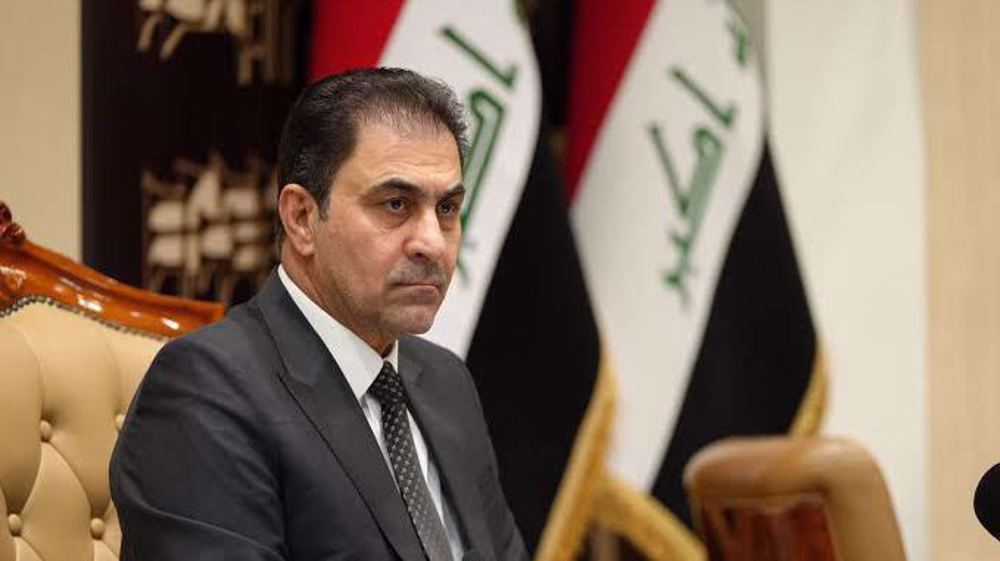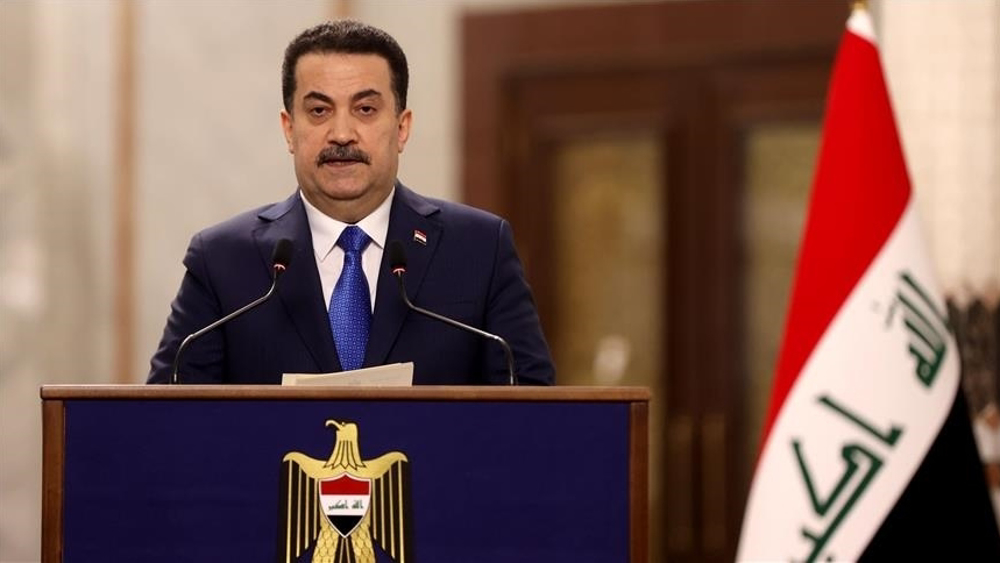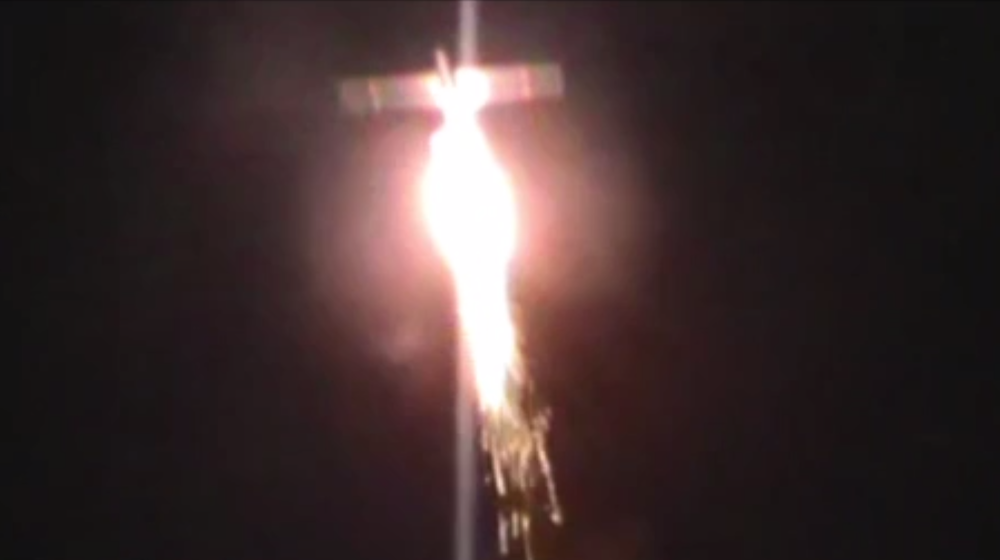Iraqi forces retake military base, strategic sites in Kirkuk
Iraqi forces have gained control of the main military base in Kirkuk as well as other strategic locations in the oil-rich province from Kurdish fighters.
The operation is carried out to take key areas in the disputed region following last month’s referendum held for possible secession of the Iraqi Kurdistan.
Iraq's Joint Operations Command (JOC) said on Monday that "anti-terrorist units" had captured the K1 military base northwest of Kirkuk city following the withdrawal of Kurdish Peshmerga fighters.
The militants moved into Kirkuk in 2014, capitalizing on a quick withdrawal of Iraqi troops from the city amid Daesh assaults.
The JOC, which groups all pro-government forces, also said that it was making progress in its operation to "restore security" to Kirkuk.
After the capture of the military base, the Iraqi forces managed to take control of the headquarters for Iraqi state-owned North Oil Company and a nearby refinery from Kurdish forces without fighting. The central government troops also took the nearby Baba Gurgur field from the Kurds.
Despite the ongoing operation, oil and natural gas production from the region is proceeding normally, an official within the Iraqi Oil Ministry said.
''Kurdish leaders, we consider as our brothers, have agreed to hand over control of North Oil and North Gas company facilities who belong to the state,'' a military commander involved in the operation said.
"We have an agreement with some Kurdish leaders that the oil and gas facilities should stay out of the conflict," the ministry official said.

The JOC further noted that the central government forces had gained control of two bridges, two roads and an industrial zone to the southwest of Kirkuk.
The Iraqi troops also took control of a power station, a police station and three areas in the province.
The advances came hours after artillery fire was exchanged between Iraqi and Kurdish forces early Monday south of the city.
Tensions are high between the central government in Baghdad and the Kurdistan Regional Government (KRG) over the controversial referendum.
The plebiscite took place on September 25, sparking strong objection from Baghdad. Iraq’s neighbors and the international community also voiced concerns about the repercussions of the vote, which was only supported by Israel.
Kurdish leaders have coveted Kirkuk, with some 10 percent of Iraq’s oil reserves, for long and described it as part of their proper even as, roughly two-thirds of the city's population are non-Kurd.
Jordan sentences former lawmaker for supporting Palestinian resistance
Basij volunteer forces hold massive drills in southwestern Iran
Israeli war criminals 'not welcome', US city says after ICC ruling
US vetoing of Gaza ceasefire resolution ‘disgraceful’: Iran’s UN envoy
VIDEO | IAEA adopts anti-Iran resolution tabled by E3
VIDEO | Iran's president urges Pope to help end Israel's onslaught in Gaza
Iran's senior legal official: ICC arrest warrant for Netanyahu ‘great victory'
Nov. 21: ‘Axis of Resistance’ operations against Israeli occupation















 This makes it easy to access the Press TV website
This makes it easy to access the Press TV website